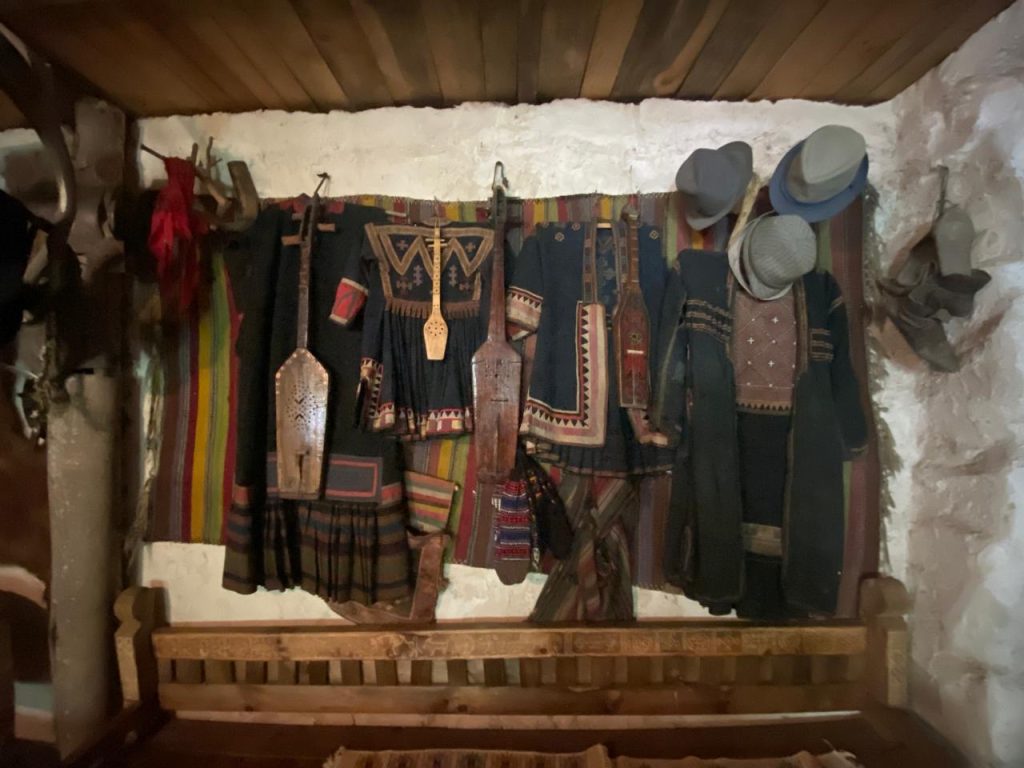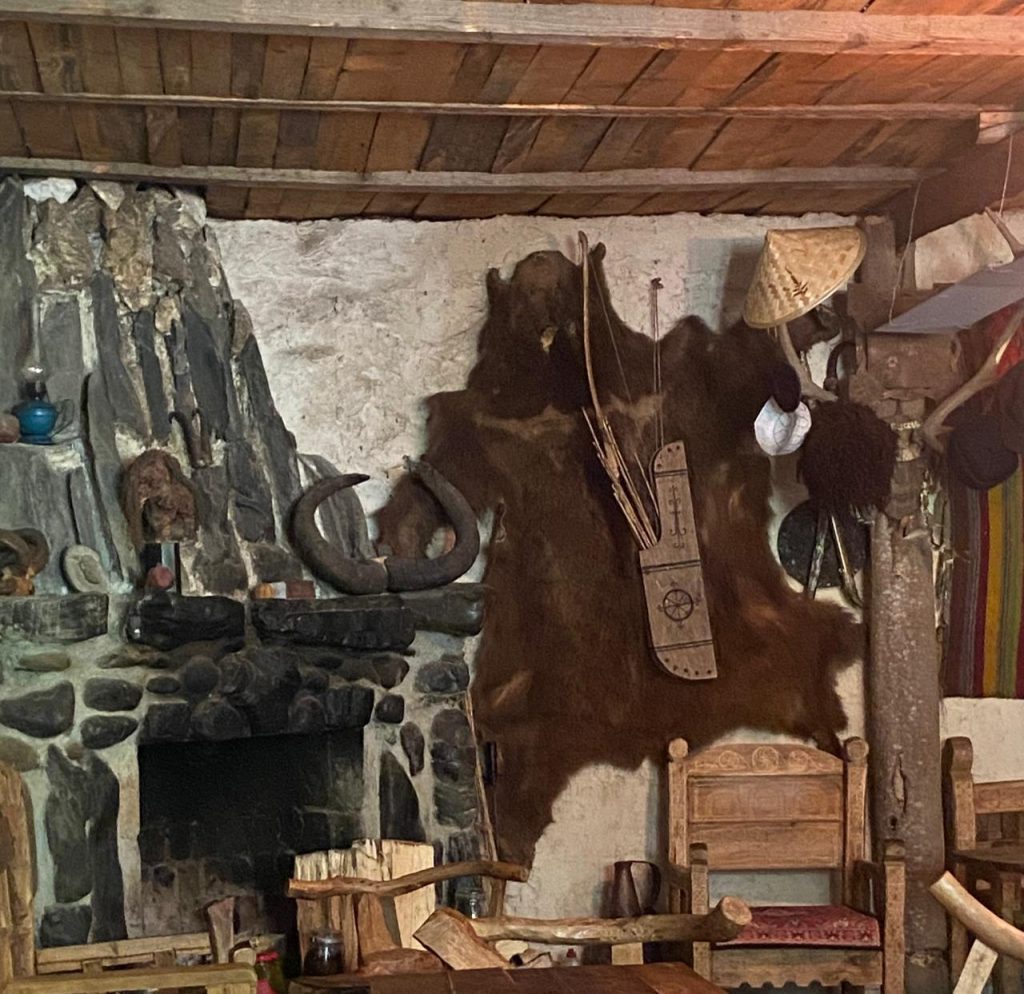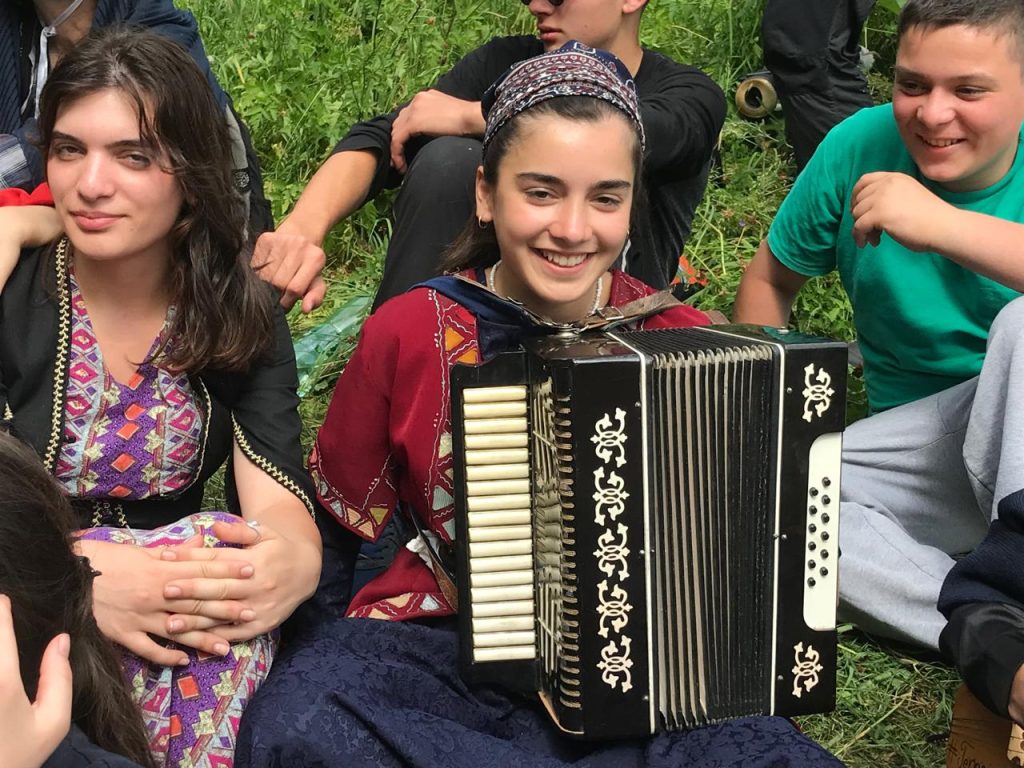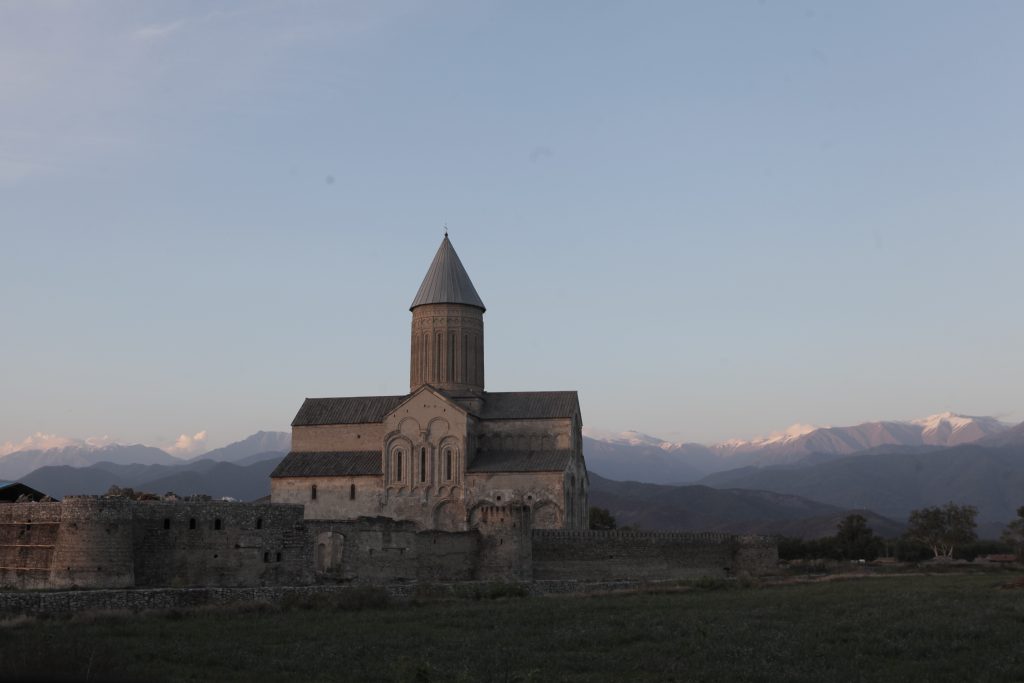Georgia’s history is as one of the first agrarian civilizations. Amongst many gifts to mankind, Georgia likely domesticated the first cultivated grape vines, as well as wheat, some 8,000 years ago, and indeed, the oldest hominid skull, outside of Africa, was found here. The western name Georgia itself comes from the Greek “Geo” for Earth and refers to those who till the land.
Georgians ethnically are of many individual peoples indigenous to the Caucasus, and may be the foundation for many European nationalities. Because Georgia had been a part of the Soviet Union and earlier, in the 18th century, absorbed into the Russian Empire, it is often thought in the world community that Georgia is a part of Russia. In the early times, however, it was a very different story. Ancient empires, expanding westward and eastwards saw Georgia as a desirable land link for trade along the silk road route, as well as for military logistics. Relationships with neighboring powers brought great wealth or great battles alternately to the country.
Georgians, as a people can be considered very gifted in the arts of theater and film, classical music, opera and folk music; from ballet to traditional fiery folk dances, poetry and literature; from enamel work, mosaics, fresco and icon paintings to rare medieval architecture, carpets and kilims. The arts in Georgia are varied and rich; they are a treasure, waiting to be discovered
The musical heritage of Georgia is best revealed by the distinctive tradition of polyphonic singing. It is an ancient art, and one that is at home in the country’s cities as it is in the remote regions; it is a reflection of Georgia’s soul, and the genre’s delicate harmonisation a perfect symbol of the country’s delicate and resilient nature.



Together with wine Georgia also lays claim to a rich tradition of polyphonic singing. Each of Georgia’s ethnic regions have their own unique harmony and texture of polyphony, including a wide range of accompanying instruments from small harps to bowed viols, lutes of various shapes and sizes, bagpipes, accordions and drums. The traditional structure of the song is one person singing top voice, one in the middle and one or more singing the lower voice often as a drone. These songs date back to ancient times, some to pre-Christian period. Georgia has much to offer to lovers of early and world music.
Georgians had a host of various pagan religions until it became Christian in the early part of the fourth century, as a result of the missionary work of St. Nino. St. Andrew the First and Simon the Canaanite, brought Christianity to Georgia in the first century, but most of the country remained pagan with only pockets of Christianity and Judaism.
Today the country is 86% Eastern Christian Orthodox, but still, there are Sun Worshipping temples, Fire Worshipping temples, Mosques, Synagogues, Armenian Gregorian Churches and Catholic Cathedrals. Georgians are passionate about their religion but famously tolerant throughout history of other faiths mostly practiced by minority groups. Georgian Highlanders still retain many rituals and customs that stem back to pagan times but have merged with Orthodox Christianity.

The Georgian language is independent from any other language and is spoken in three different versions: Megrelian, Svan and Kartuli. Its fascinating script is one of only 13 alphabets used in the world today.
Village Life in Georgia is special. Our agricultural history and close-knit family life weave together to create a very special bond between people and their land. We visit these special villages, and with our friends throughout the country we are able to offer our guests a unique opportunity to immerse into the ancient and contemporary sides of Georgian village life.